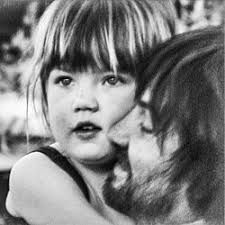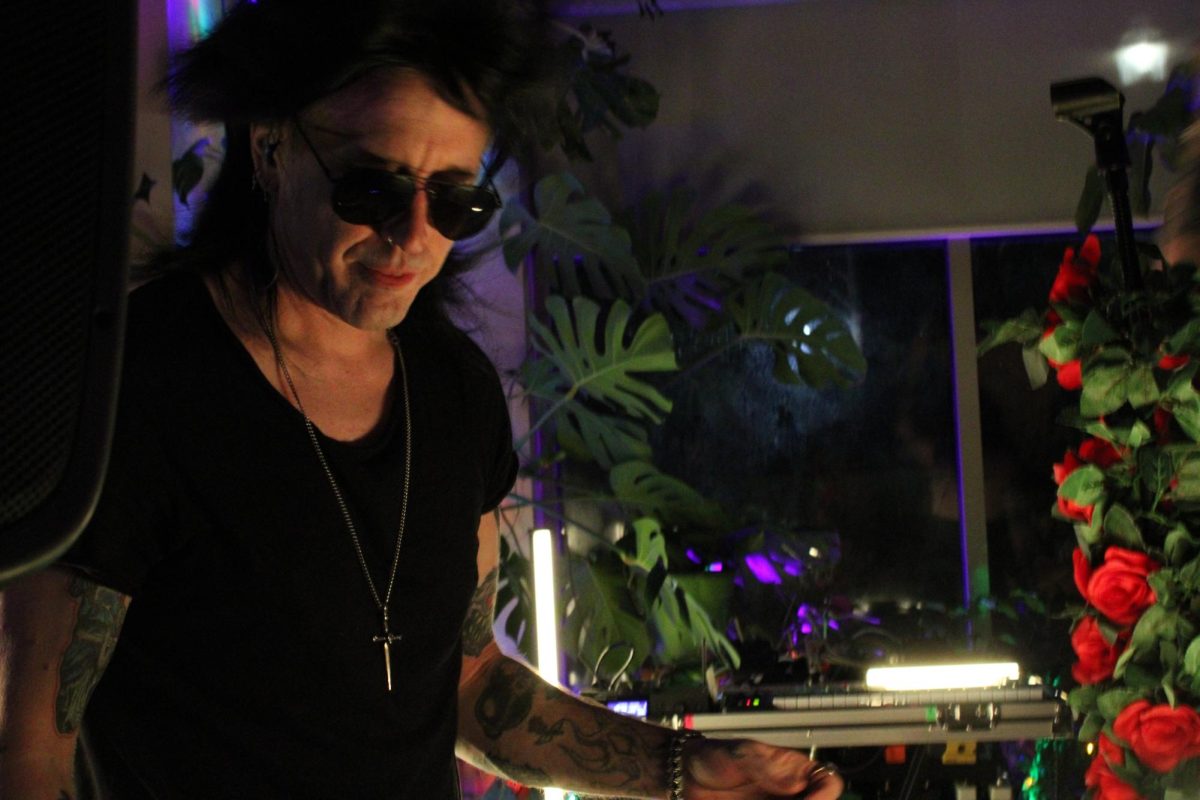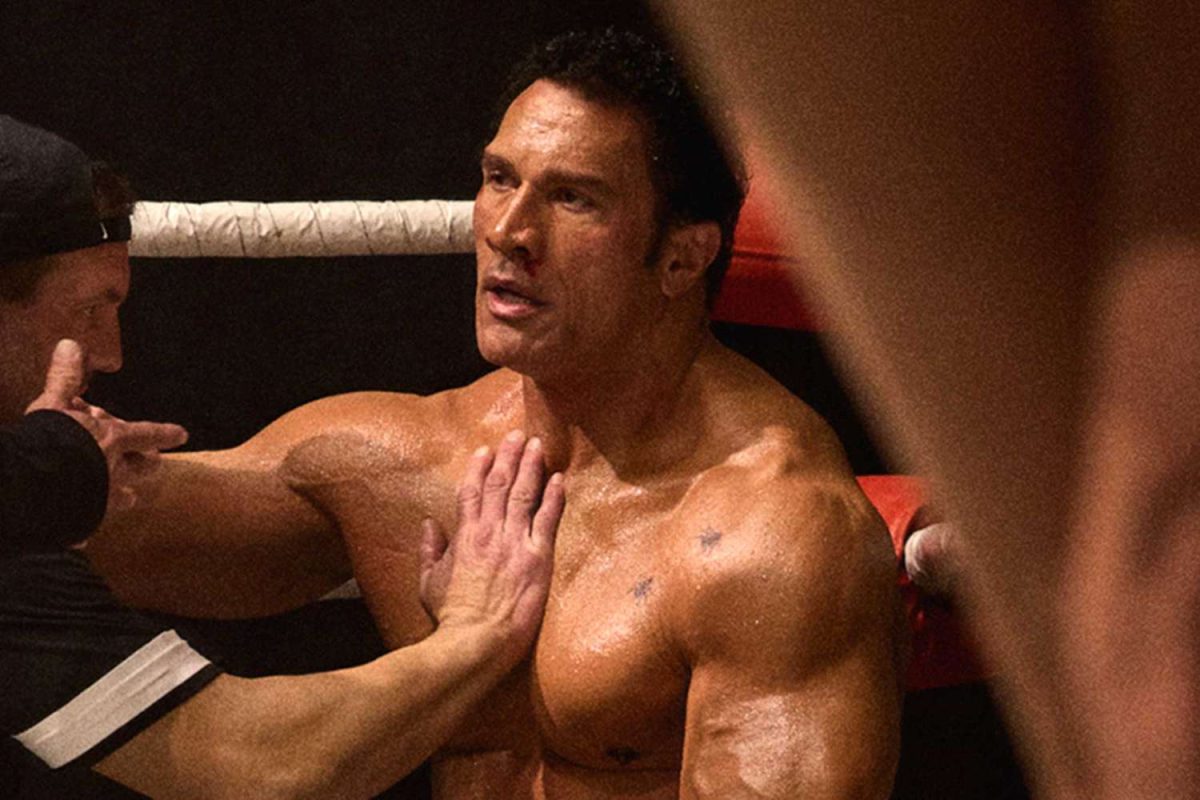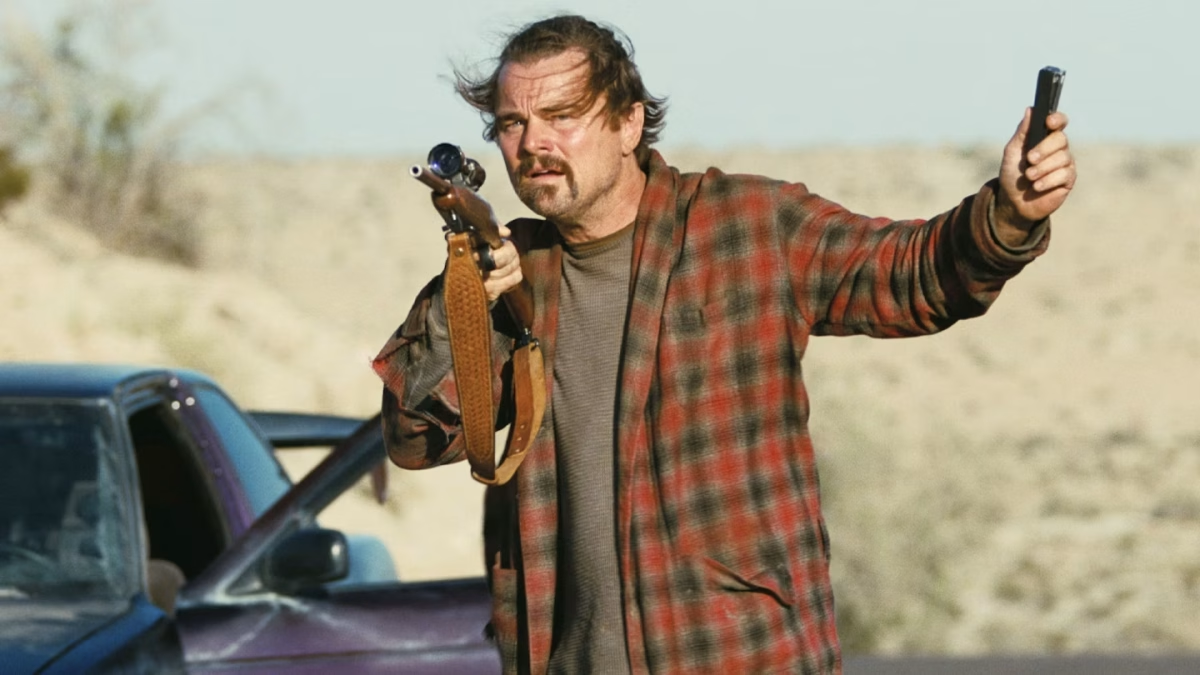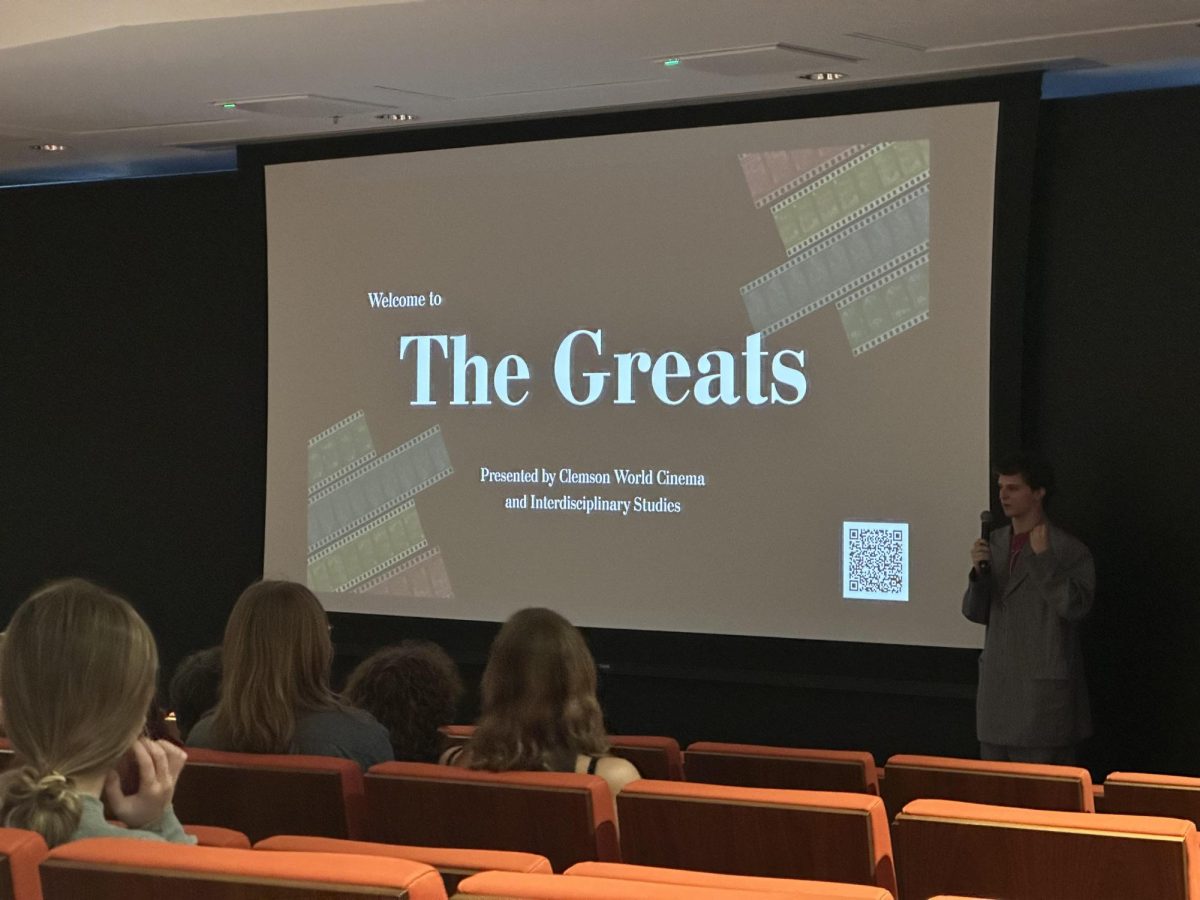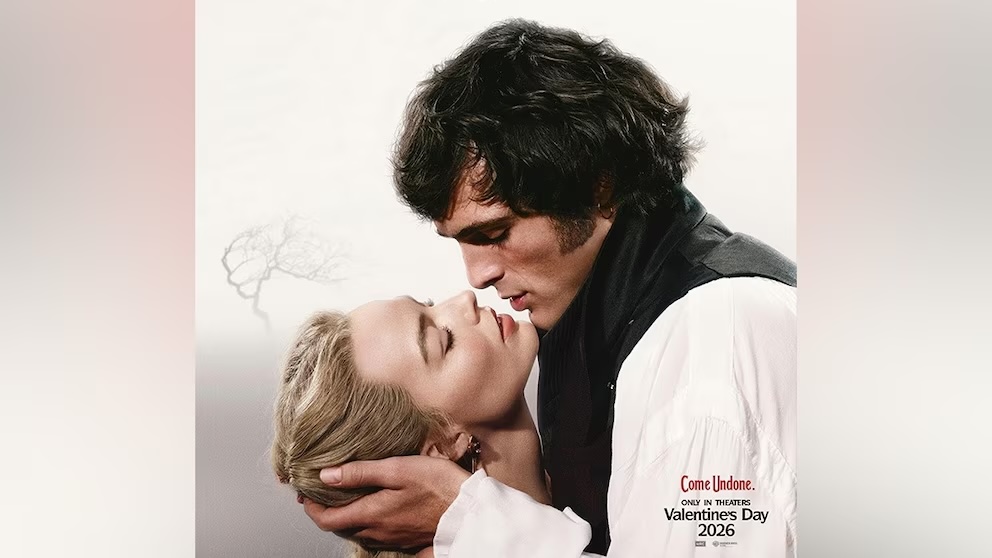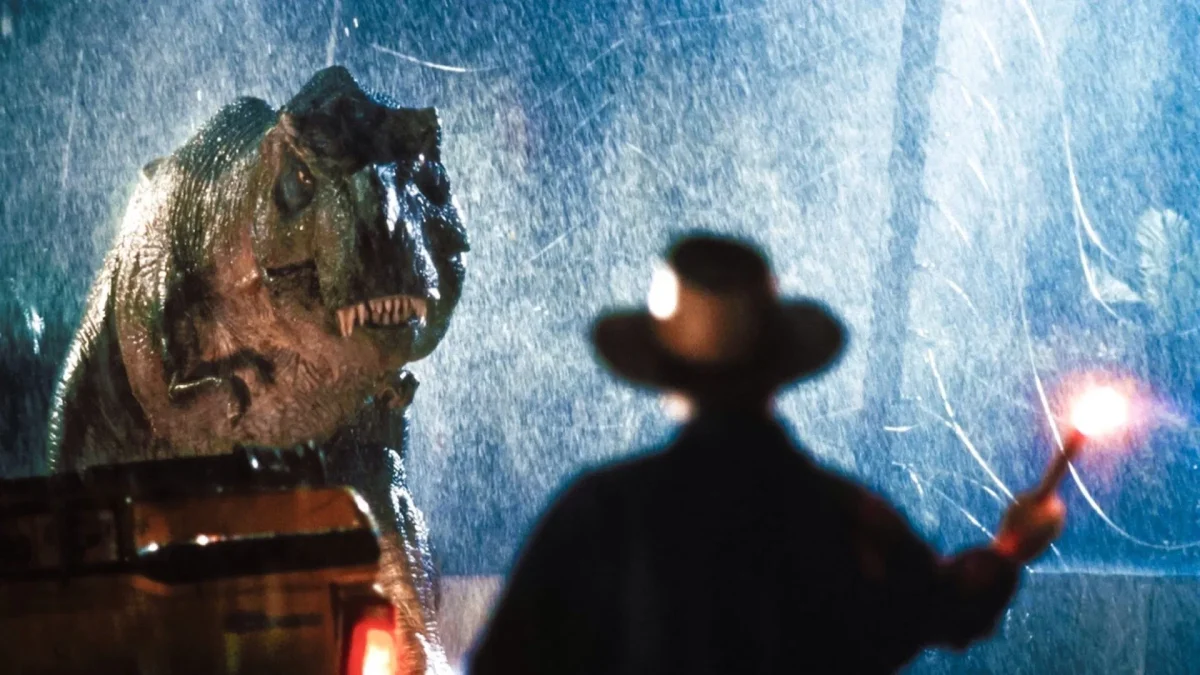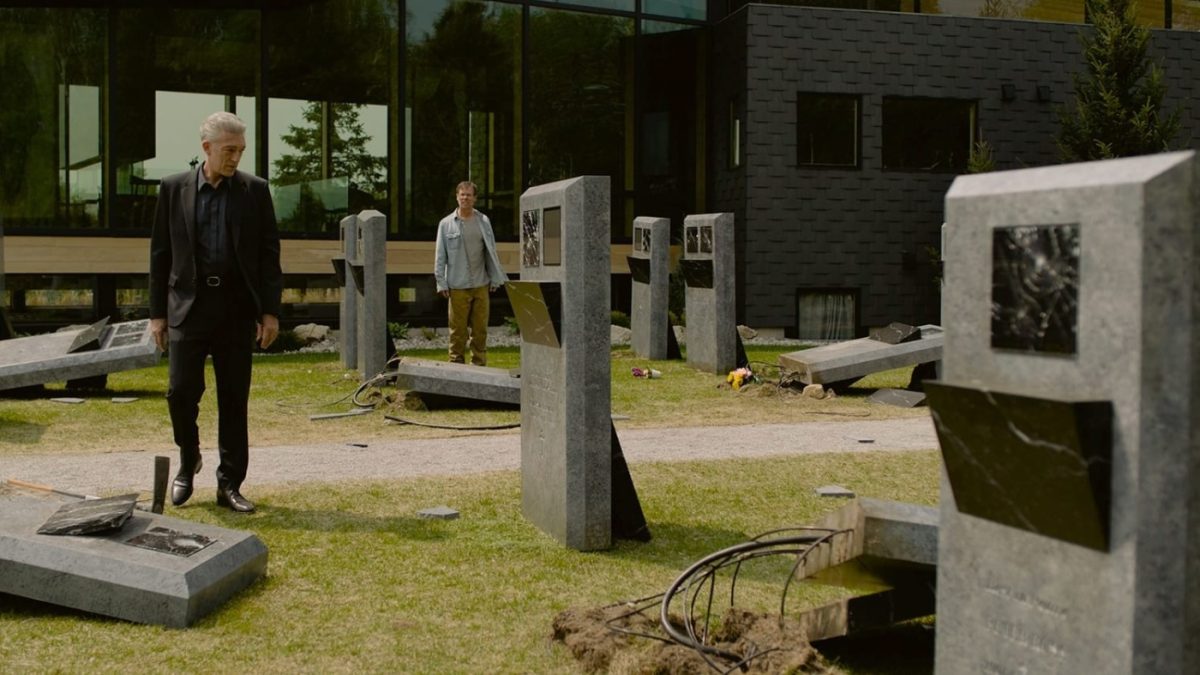“Black Panther: Wakanda Forever” premiered Friday, Nov. 11 with a massive opening that marks Marvel Studios’ second-largest premiere of the year.
The epic second installment of the Black Panther series pays tribute to the late, great Chadwick Boseman, honoring the legacy and the mantle he left behind.
Following a long two years since Boseman’s passing, audiences anticipated director Ryan Coogler’s answers to their many questions as to the direction of the franchise and its beloved characters. Much to their pleasure, Coogler’s masterful direction and story does exactly that and more. The story is so carefully revised in the wake of tragedy that it is impossible to detect any echoes of what once was.
The performances in this film are true masterclasses in acting.
Angela Bassett and Winston Duke stood out amidst the massive ensemble, joined by newcomer Dominique Thorne, who stepped into her role with the ferocity this cast requires. Letitia Wright was the emotional core of this film and packed quite the punch when paired with Tenoch Huerta in some of the most compelling dialogue of any Marvel film to date.
Huerta’s new villain Namor finds a spot next to Loki and his “Black Panther” predecessor Erik Killmonger in the hall of well-developed Marvel villains. His motivation is underscored by his charm and endears him to audiences without the same tired backstories fans have gotten used to seeing in these films. This may be the first Marvel film with a conflict that is truly bittersweet, as neither side is decidedly the “bad guy.”
The film’s nearly three-hour run time passes by quickly, a testament to the skilled pacing. With much to cover, the film takes advantage of every second, creating a fast-paced, gripping watch from beginning to end.
Despite this, there is one plot line of note that consistently felt like a heavy slam on the breaks each time it cut away from the central narrative.
Martin Freeman’s character Everett Ross was a lighthearted and more active addition to the first of the “Black Panther” films. Yet, in the sequel, he felt like more of an accessory brought back to connect the far-off land of Wakanda to the Marvel Universe’s central landscape of the U.S. This is already accomplished through Riri Williams’ backstory, so Ross felt superfluous, save for the one exciting addition that comes from his story.
The visuals of the film have sparked Oscar buzz, and for good reason. The “Black Panther” franchise has set itself apart from other Marvel films in this way since the first installment, and “Wakanda Forever” carries the torch.
As result of her sweeping landscapes and incredible CGI, cinematographer Autumn Durald’s name is sure to earn many more big-screen credits to come. It is difficult to leave the nation of Wakanda behind upon leaving the theater after being so deeply immersed.
Composer Ludwig Göransson’s original score was incredibly unique and diverse, continuing on the legacy of the first film’s iconic soundtrack. With the addition of Rihanna’s “Lift Me Up” and other contributed songs, the soundtrack elevated the film’s themes and visuals to create a truly visceral audience experience.
Categories:
‘Black Panther: Wakanda Forever’ Review
Sydney Olsen, TimeOut Editor
November 17, 2022
Jackson Copeland // Asst. Art Editor
0
Donate to The Tiger
Your donation will support the student journalists of Clemson University. Your contribution will allow us to purchase equipment and cover our annual website hosting costs.
More to Discover







